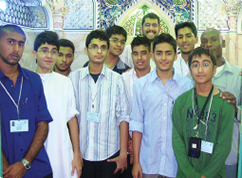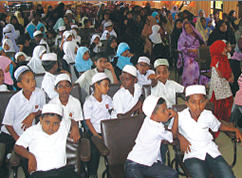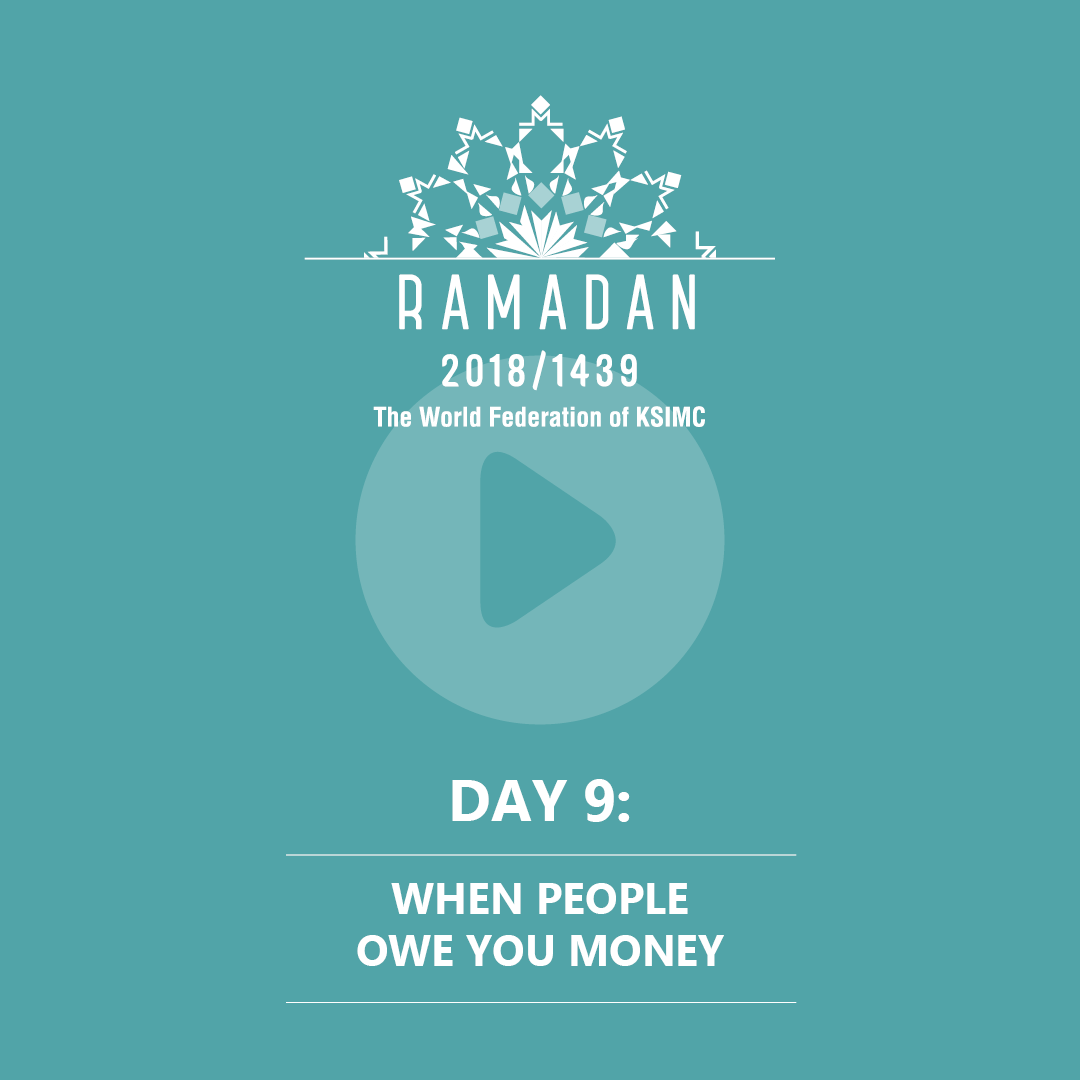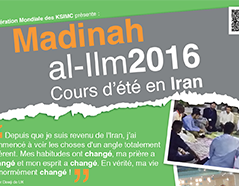Maulana Dr. Mohammad Zainul Abideen, Resident Alim of our Islamic Centre in Kathmandu, started an online initiative for teaching the Qur’an in Nepal to help the locals to learn, understand and connect with the Holy Book. An open invitation was sent out for these classes to people of all age. Learn more about this here.
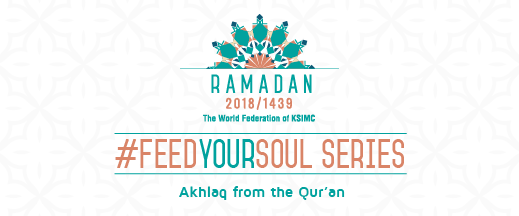
For the first 5 videos, we will focus on the introduction to the Holy month of Ramadan and for the rest of the month we will look into Akhlaq from the Qur'an.
Take part in the daily reflection\challenge to help you get closer to Allah (swt).
< Click here to watch previous videos
Day Nine
When People Owe You Money
وَ إِنْ كانَ ذُو عُسْرَةٍ فَنَظِرَةٌ إِلى مَيْسَرَةٍ وَ أَنْ تَصَدَّقُوا خَيْرٌ لَكُمْ إِنْ كُنْتُمْ تَعْلَمُون - البقره: 280
And if [the debtor] is in straits, let there be a respite until the time of ease; and if you remit [the debt] as charity, it will be better for you, should you know.
Related News
Shaykh Nadir Visits Nepal. Find out about his trip here.
Dr Mohammad Jafar Elmi was the founder of the Islamic College and served as its principal from 1998-2007 and from December 2011 to 2015.






